Ботирова Камола Иброхимована
Учитель средней общеобразовательная школа №25 Наманганского района, Наманганской области, Узбекистан
ДУХОВНАЯ КУЛЬТУРА УЗБЕКСКОГО НАРОДА
Аннотация: в статье освещается о таких разновидностях жанров узбекского фольклора как: афоризмы, пословицы, поговорки, аския в сатирической форме(анекдот), песни, былины и дастаны. Также о народном фольклоре отражающиеся в произведениях великих мыслителей востока Махмуда Кашгари и Юсуфа Баласагуни.
Ключевые слова: жанр, фольклор, афоризм, пословица, аския, дастан
THE SPIRITUAL CULTURE OF THE UZBEK PEOPLE
Uzbek folklore is very rich and is represented by many genres. It praises the color of life and multi-faceted culture of the Uzbeks, their humanist tradition and benevolence, love of freedom and fraternity, patriotism, hatred of the enemy, and noble qualities. Widespread among Uzbeks anecdotes about Afandi and witty aphorisms, sayings and Proverbs, satirical statements in the form of "Askia" and many other things indicate that the people are not indifferent to the socio-political, ideological,moral and social phenomena occurring daily in society, and expresses its attitude to them through various genres of oral and poetic creativity.
One of the most common genres of folklore among the people is epos – dastans, which have reached us through the centuries thanks to the oral-poetic tradition. Carefully preserved for centuries, they are performed with penetration by poets and bakhshi, who come from the thick of the people – shepherds and dehkans.
The life of the working people, their dreams and aspirations in the most popular genre of folklore – folk songs-are sung with special excitement. They have not only high feelings, pure love, loyalty, fraternal friendship, but also clearly reflect the difficult social conditions of life, oppression and violence, betrayal and human experiences.
One of the most ancient and firmly entrenched in the people of genres is household folklore. In its focus and goals, it is divided into two parts – seasonal and family and household ritual. In turn, these two trends, depending on the structure and poetic nature, combine a number of genres.
A special role is played by family and household ritual folklore. According to its purpose and content, it is divided into the following types:
a) based on the magic power of words: kinna, storm-storm, auras and charges (curse) gularso (badik), etc.;
b) associated with the ritual of laying the baby in the cradle (besika of sales) and forty days after childbirth (Chilla of chakiris);
c) reflecting elements of the wedding (EP-EP, Ulan, lapar, Kelin Salom, TUI elkesley, oyna curator of casilari etc.;
d) funeral and memorial.
Widely known in Uzbek folklore, the name Afrosiab (also called Ali Artush), sung in legends, is found in Turkic sources of the XI century. So, myths about him have survived in the works of Mahmud Kashgari "Devon lugatit Turk" and Yusuf Balasaguni "Kugatgu-Bilik". The above-mentioned works reflect the peculiarities of life and culture of the Uzbek people, its age-old aspirations, universal values, peculiarities of the national psyche, etc. The remarkable heroic epic "Alpamysh" is also a historical source testifying to the courage and talent of the Uzbek people, its character and value orientations.
Extant folk songs, proverbs, anecdotes, fables and satirical lines openly condemn all forms of social injustice and oppression, sharply ridicule ignorance and prejudice, hypocrisy and hypocrisy, superstition and other remnants. Especially boldly they expose parasitism and fraud, greed and greed, various ulcers of the past. At the same time, folk works call for honest work, creative creative activity in the name of their own happiness and well-being.

 Получите свидетельство
Получите свидетельство Вход
Вход





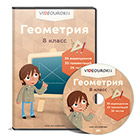
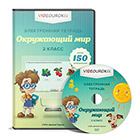
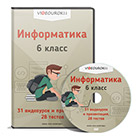
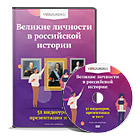
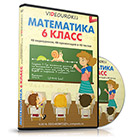

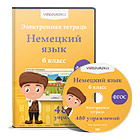
 Духовная культура узбекского народа (14.39 KB)
Духовная культура узбекского народа (14.39 KB)
 0
0 421
421 1
1 Нравится
0
Нравится
0


